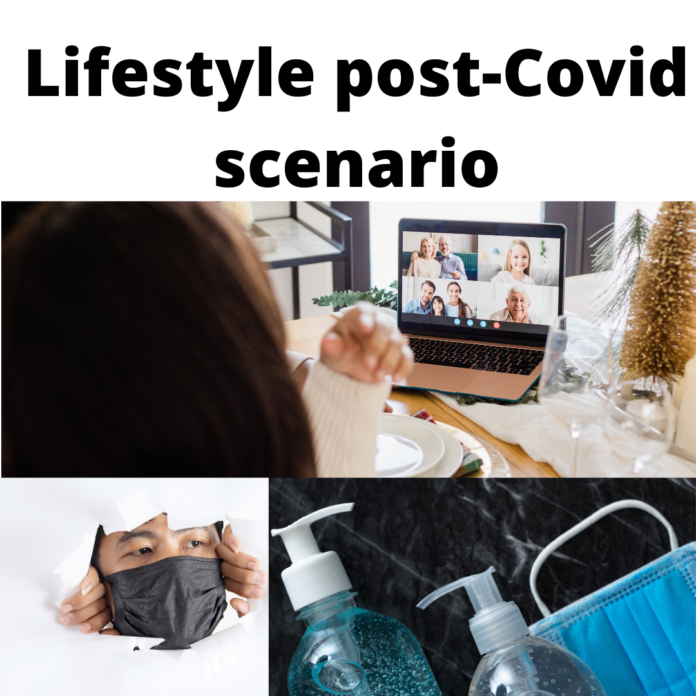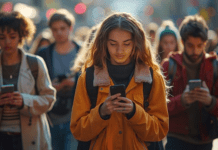SARS-CoV-2 causes COVID-19 that first appeared in December 2019 in Wuhan, China gradually spread to virtually all regions of the world and was declared a global pandemic by WHO. It has been the greatest tragedy befalling mankind since World War II. Drugs are desperately required for both prophylaxis and the care of severely ill patients. Although there are no approved treatment options, several drugs approved for other diseases earlier are being tested and used after emergency use authorization for treatment. There is definite relief and hope due to the emergence of many vaccine candidates in the market however the virus is adapting fast and has started mutating as seen in many countries like Africa and UK. There is a need for a cogent diagnostic and vaccine for controlling it. The need for corona-appropriate behavior like masking, sanitization, quarantine, and containment will play a decisive role until an effective treatment regime is worked out. The most important lesson learned from this pandemic is that like an army of a nation, human health should remain in an ever-ready mode to fight any attack of invading microbes Primary focus should be on immunity enhancement. Research on immune booster latest biotechnology and artificial intelligence might play a key role towards this objective. Let’s just go through the possible lessons extracted from the COVID-19 Pandemic.
- Diagnosis:Diagnostics and widespread COVID-19 testing are the frameworks for informed policy formulation for epi/pandemic crisis response, and they must become the centerpiece. It’s critical to have diagnostics and research facilities up and running that can accommodate vast quantities of samples if the illness is to be managed effectively. Contingency planning requires the identification of facilities or alliances able to promptly develop, produce in quantity and distribute antiviral antibody tests.
- Healthcare and Treatment:In terms of the number of hospital beds available per 1000 people, there are huge disparities between countries. Insufficient beds and therapeutic equipment can be affected by several causes. Shelter hospitals should be included in pandemic plans as the preferred refuge for pandemic patients, allowing conventional hospitals to continue operating as usual (or normally as long as possible). The health care system should be ready to deal with a sudden rise in cases. Ventilators should be manufactured by engineering firms that could provide a boost to the medical device industry.
- Vaccine for all:The research could be aided by following improvement and clinical trials of earlier vaccines, such as those produced for SARS-CoV-2, on the premise that such a vaccine could benefit patients afflicted with a similar pathogen or aid in the development of new vaccines.
- Gratitude:The lockdown, quarantine, and solitude helped us understand how precious our human status was. It has taught us the meaning of keeping a healthy body and encouraged us to be thankful to God, our government, our doctors, and everyone else who is working hard to make one’s country and earth a safer and healthier place.
- Self-discipline:Spending the whole day at home may bring fatigue and induce one to sleep and eat more than normal. Snacking more will only make you fatter, and sleeping more will deprive you of some constructive activities during the day. Setting a schedule for yourself and sticking to it is critical. This brought about a great deal of self-discipline, opportunity to listen to the inner voice and find free time to paint, bake, water plants, or exercise.
- Importance of socializing:Humans are social beings that excel in groups. Being limited to your home restricts the opportunities to meet new people, go shopping, attend salons, and even go to the gym. This has limited the scope of our activities and helped us realize the need for interconnectivity and social unison. As necessary as it is, home quarantine has taught us to respect our right to go outside wherever and whenever we wish.
- Frontline Healthcare professionals:Frontline healthcare employees, as well as accessory frontline workers, must be outfitted with cutting-edge security. They must be prioritized in cases where the provision of such protection is restricted to ensure the best possible protection. Robotics introduction into acceptable hospital processes should be actively sought.
- Family:Spending the majority of your days indoors has expanded the amount of time you share with your family and strengthens the bond with family. This has reaffirmed the fact that your family is the only one who stands by your side thick and thin.
- Social gathering:It can be minimized by promoting virtual meetings. Now, this is the time to show reality in virtual media only. Virtual meetings and online communication have become the order of the day and this is most likely to continue at least in part after the Covid crisis is diffused.
- Drug Discovery:It is essential to improve drug discovery to detect candidate molecules that are successful against possible zoonotic viruses in a preclinical setting.
- Government and Politician:Some claim that the most critical lesson learned from COVID 19 is that policymakers must act quickly to implement containment and mitigation policies. Another message from the pandemic that elected officials should take away is the value of creating an economy that can change to better serve our lifestyle and business. The most valuable lesson that political leaders can learn is the importance of a self-sustaining, circular economy, which can help us both plan for and cope with the pressures on foreign.
These deficiencies emphasize the need for collaboration as well as the benefits of testing for the disease promptly, of contact tracing of suspected carriers, and of containing the spread by limiting the movement of people.
The takeaways are not just to take science-validated pandemic forecasts seriously in policy growth, but also to enforce improvements in healthcare programs that impose an evolutionary roadmap that improves coherence, productivity, and preparedness. The Covid crisis is yet not over and humankind continues to learn from the uncertainties and complexities unfolded by the novel Coronavirus.










